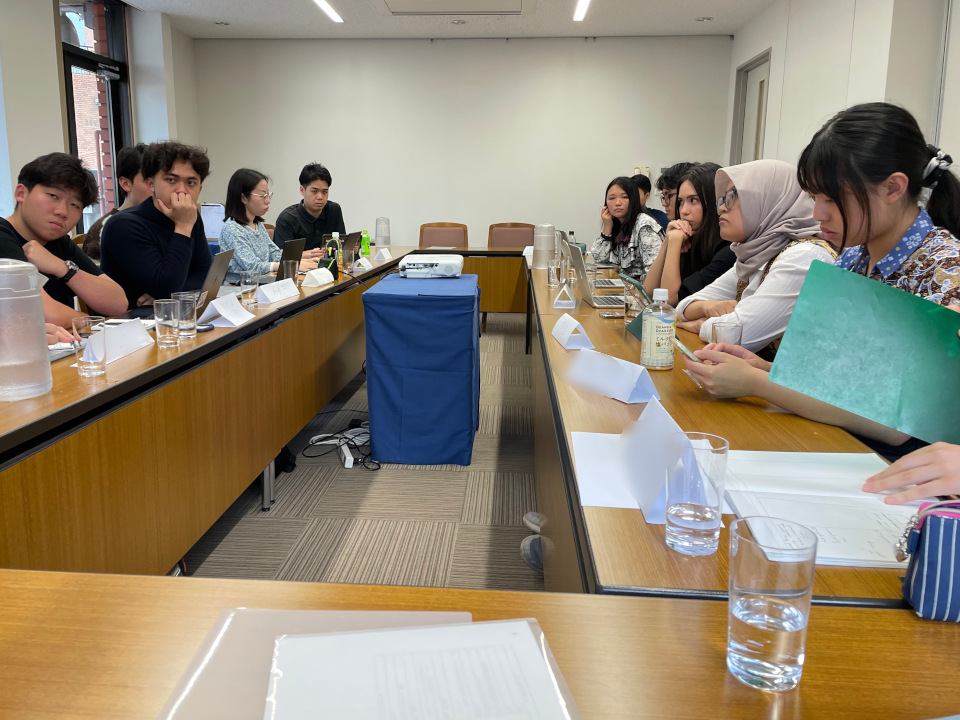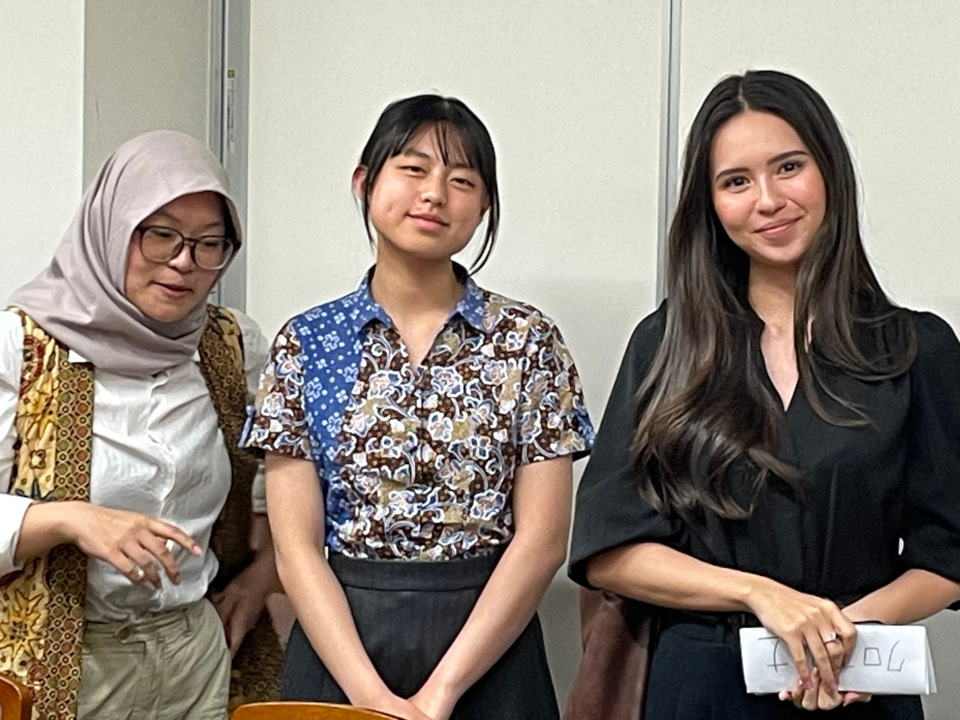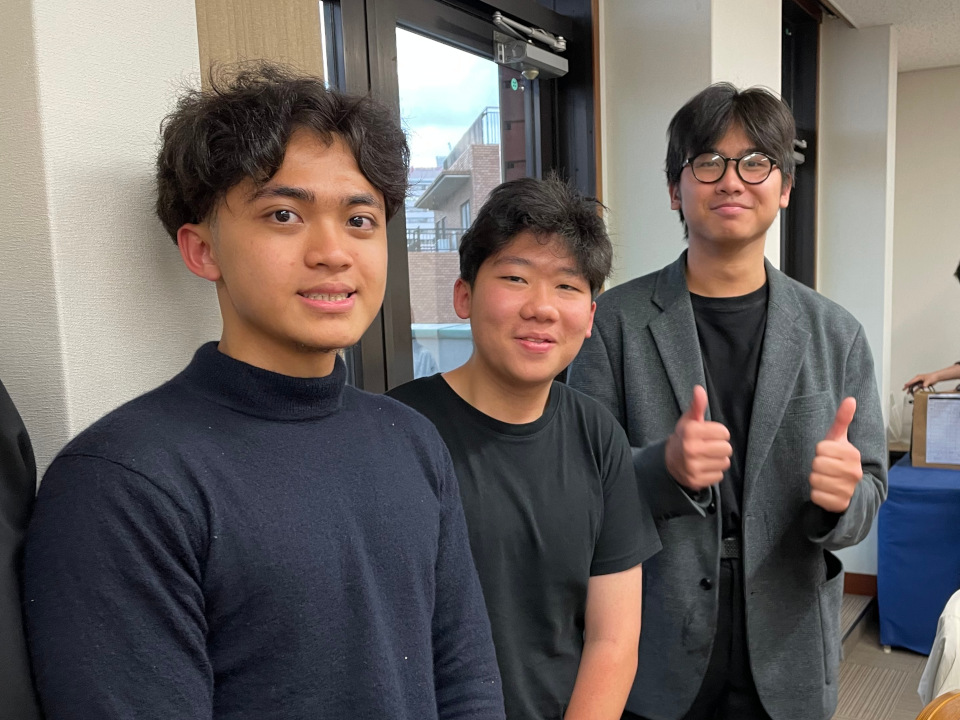- HOME
- Activities
- Event List
- Event Details
June 1st, KIP June Event "pros and cons of the Employment for Skill Development Program(former Technical Internship Training Program),"

【Background】
Technical Intern Training Program (TITP), which was introduced in 1993 with the aim of international cooperation through the transfer of technology to developing regions, was officially abolished in June 2024 and will be replaced by the “Employment for Skill Development Program (ESDP)” in 2027. Under the new system, the objective of international contribution has been revised, and the focus has shifted to securing human resources in Japan’s labor-shortage sectors. Amidst these changes, there are ongoing human rights issues, such as foreign workers being burdened with debt and subjected to unfair working conditions. This event aimed to explore the problems of this labor system and consider what it ought to be. For this purpose, international students from Indonesia were invited to join the discussion.
【Ground discussion】
The event began with two KIP members giving explanations about the Technical Intern Training Program and the upcoming Employment for Skill Development Program from both the Japanese and Indonesian perspectives. Afterward, Indonesian students and Japanese participants were divided into two mixed groups to freely exchange opinions about the system. In the final stage, a general discussion was held based on the group conversations, debating whether the system should continue or not. Opposition voices pointed out that the benefits are heavily skewed in favor of Japan, while the Indonesian side is at a disadvantage. On the other hand, there were many conditional approvals for maintaining the system. Some Indonesian international students expressed that if genuine technology transfer were ensured, it would be acceptable to maintain the system, as it could also benefit Japan, which is facing a serious labor shortage. However, it was pointed out that the skills foreign workers acquire under the current system are often limited to simple tasks, and many workers do not return to their home countries, thereby failing to fulfill the goal of technology transfer. Supporters argued that, when focusing on individuals rather than the sending countries, there are benefits for emerging economies. Some workers voluntarily come to Japan seeking higher wages and better living conditions.
【Personal Opinion】
Greater cooperation between Japan and the sending countries might be needed in the future. The main issues I identified throughout the event were: 1. The gap in demand between Japan and the emerging nations, and 2. The inadequate system for sending and receiving trainees. As emerging economies grow, the skills they require evolve, and in Japan, the industries attracting workers also change over time. Since the gap in needs is likely to widen further, it is essential for Japan and emerging nations to maintain frequent communication and coordination. During the discussion, issues such as debt burdens due to payments to sending agencies and workplace exploitation were raised. This might be attributed to the fact that the sending agencies in emerging nations are privately operated, and trainees lack sufficient language proficiency to voice complaints effectively. To address these challenges, both governments could support sending agencies in establishing robust assistance systems, including language training. For such efforts to succeed, it would be vital for both sides to clearly communicate their expectations.
Reiyo Ra, Tokyo University of Foreign Studies, German major, 4th year




